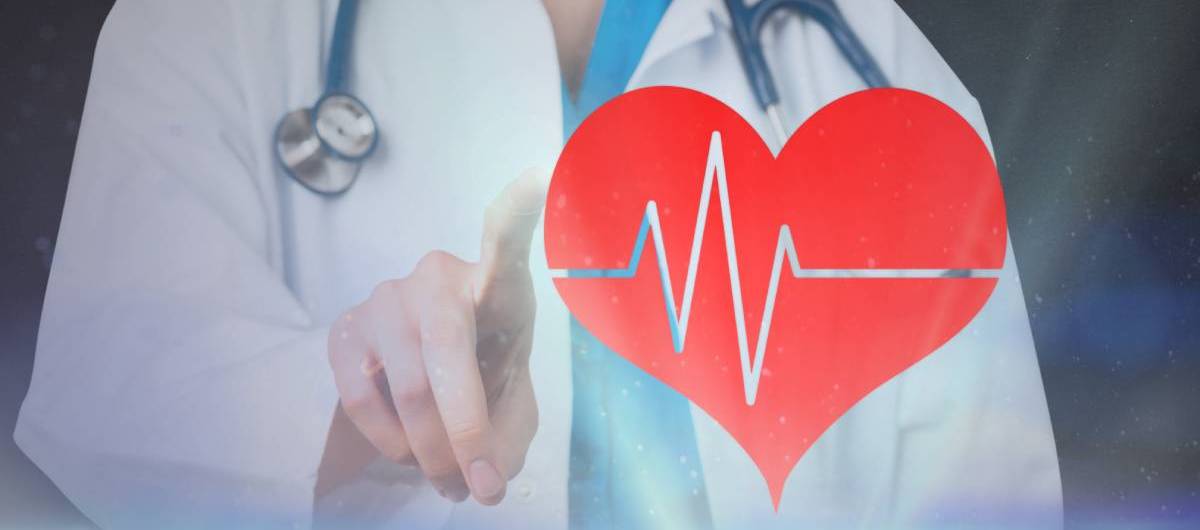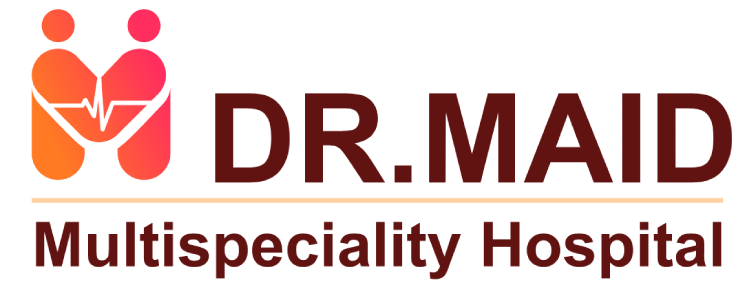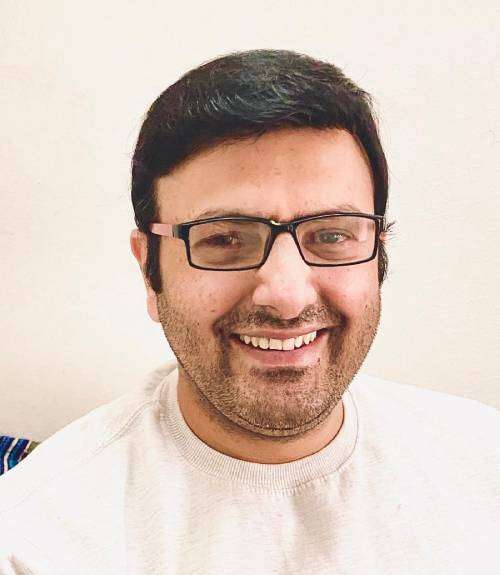Best Cardiology Treatment in Rahata
Cardiology is the study and treatment of disorders of the heart and blood vessels. A person with heart disease or cardiovascular disease may be referred to a cardiologist.
A cardiologist specializes in diagnosing and treating diseases of the cardiovascular system. The cardiologist will carry out tests, and they may perform some procedures, such as heart catheterizations, angioplasty, or inserting a pacemaker.
Heart disease relates specifically to the heart, while cardiovascular disease affects the heart, the blood vessels, or both. Dr. Maid Hospital is one of the best centers for heart care treatment in Rahata in which they provide all the best heart treatment services at Rahata, Ahmednagar, and nearby areas like Shirdi, Kopargaon, and Shri-Rampur.

When would I need a cardiologist?
If a person has symptoms of a heart condition, their physician may refer them to a cardiologist.
Symptoms that can indicate a heart problem include:
- shortness of breath
- dizziness
- chest pains
- changes in heart rate or rhythm
- high blood pressure
What are the diseases treated by Cardiologist?
Dr. Maid Hospital’s cardiologist team can carry out tests for a heart murmur or an abnormal heart rhythm.
They often treat patients who have had a heart attack, heart failure, or other heart problems. They help make decisions about heart surgery, heart catheterization, and angioplasty, and stenting.
Heart diseases that a cardiologist can help with include:
- atherosclerosis
- atrial fibrillation
- arrhythmias
- congenital heart disease
- coronary heart disease
- congestive heart disease
- high blood cholesterol and triglycerides
- hypertension
- pericarditis
- ventricular tachycardia
- high blood pressure, or hypertension
The cardiologist can also give advice about preventing heart disease.
What are the Tests carried out by Cardiologist?
Dr. Maid Hospital cardiologist team carried out by following procedure like:
- Electrocardiogram (ECG or EKG): This records the electrical activity of the heart.
- Ambulatory ECG: this records heart rhythms while the person carries out exercise or their regular activities. Small metal electrodes are stuck on to the chest, and these are connected by wires to a Holter monitor, which records the rhythms.
- An exercise test, or stress test: this shows the changes of heart rhythm when resting and exercising. It measures the performance and limitations of the heart.
- Echocardiogram: this provides an ultrasound picture that shows the structure of the heart chambers and surrounding areas, and it can show how well the heart is working.
- Cardiac catheterization: a small tube in or near the heart collects data and may help relieve a blockage. It can take pictures and check the functioning of the heart and the electrical system.
- Nuclear cardiology: nuclear imaging techniques use radioactive materials to study cardiovascular disorders and diseases in a non-invasive way.
Lifestyle and home remedies to Overcome Heart Diseases:
Heart disease can be improved — or even prevented — by making certain lifestyle changes. Some of them are listed as below:
- Stop smoking: Smoking is a major risk factor for heart disease, especially atherosclerosis. Quitting is the best way to reduce your risk of heart disease and its complications.
- Control your blood pressure: Ask your doctor for a blood pressure measurement at least every two years. He or she may recommend more frequent measurements if your blood pressure is higher than normal or you have a history of heart disease.
- Check your cholesterol: Ask your doctor for a baseline cholesterol test when you’re in your 20s and then at least every five years.
- Keep diabetes under control: If you have diabetes, tight blood sugar control can help reduce the risk of heart disease.
- Exercise: Physical activity helps you achieve and maintain a healthy weight and control diabetes, high cholesterol, and high blood pressure — all risk factors for heart disease.
- Eat healthy foods: A heart-healthy diet based on fruits, vegetables, and whole grains — and low in saturated fat, cholesterol, sodium, and added sugar — can help you control your weight, blood pressure, and cholesterol.



